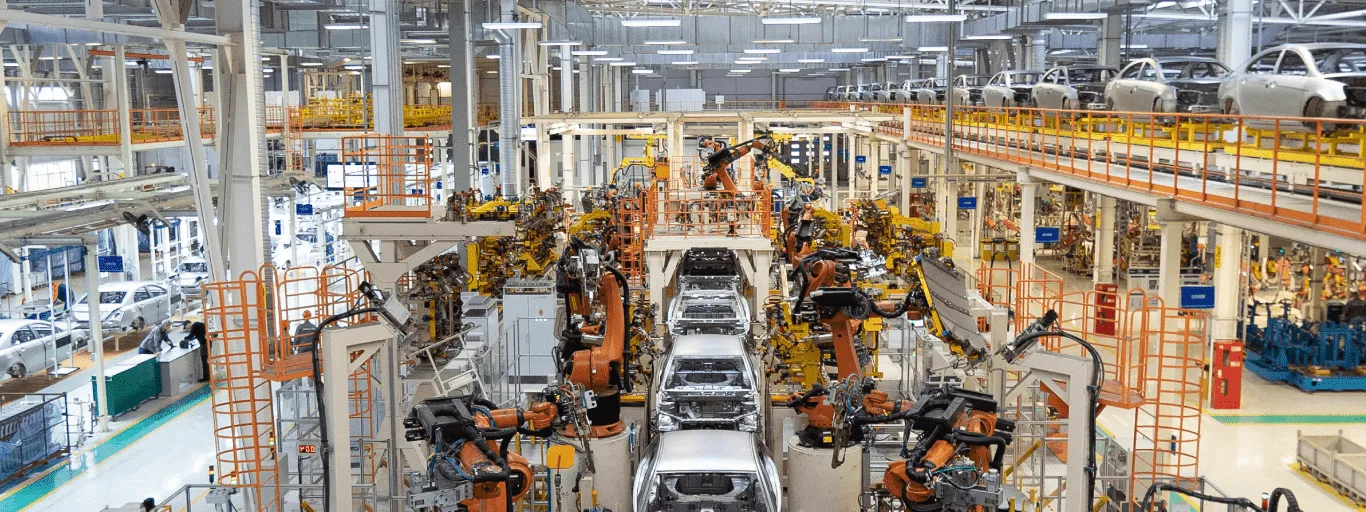
The automobile industry has been a cornerstone of modern society for over a century, revolutionizing transportation and shaping the way we live our lives. As technology continues to advance at an unprecedented pace, it begs the question: Who will emerge as the leader of the automobile industry in the next 10 years?
While it is impossible to predict the future with absolute certainty, we can examine current trends and developments to make informed predictions. In this article, we will explore some of the key players and factors that may shape the future of the automobile industry.
The Rise of Electric Vehicles
One of the most significant shifts in the automobile industry in recent years has been the rise of electric vehicles (EVs). With increasing concerns about climate change and a global push for sustainability, EVs have gained significant traction and are expected to dominate the market in the coming years.
Companies like Tesla, Nissan, and Chevrolet have already made significant strides in the EV market, with Tesla becoming a household name and setting new standards for electric vehicles. However, traditional automakers such as BMW, Mercedes-Benz, and Volkswagen are also investing heavily in EV technology, positioning themselves to be major players in the future.
As governments around the world implement stricter emissions regulations and offer incentives for EV adoption, the demand for electric vehicles is expected to skyrocket. This shift towards sustainable transportation will undoubtedly have a profound impact on the future leader of the automobile industry.
The Rise of Autonomous Vehicles
Another major development that will shape the future of the automobile industry is the rise of autonomous vehicles (AVs). Companies like Waymo, Uber, and Tesla are at the forefront of developing self-driving technology, with the goal of making transportation safer, more efficient, and more convenient.
While fully autonomous vehicles are still in the testing phase and face regulatory challenges, the potential impact they could have on the industry is immense. AVs have the potential to revolutionize transportation, reduce accidents, and transform the way we commute.
It is important to note that the leaders in the autonomous vehicle industry may not necessarily be the same as the leaders in the traditional automobile industry. Tech giants like Google and Apple, with their vast resources and expertise in software development, could disrupt the industry and emerge as dominant players in the AV market.
The Role of Innovation and Technology
Innovation and technology will undoubtedly play a crucial role in determining the future leader of the automobile industry. As advancements in artificial intelligence, connectivity, and renewable energy continue to reshape the industry, companies that embrace these technologies and adapt to changing consumer preferences will have a competitive advantage.
Traditional automakers are already investing heavily in research and development to stay ahead of the curve. For example, BMW has launched its “i” series of electric vehicles, while Mercedes-Benz is focusing on developing autonomous driving capabilities. These efforts demonstrate a commitment to innovation and a recognition of the need to evolve with the changing landscape.
At the same time, tech companies are entering the automobile industry, bringing their expertise in software development and connectivity. Companies like Google, Apple, and Amazon are exploring opportunities to integrate their technologies into vehicles, creating a seamless and connected driving experience.
The Importance of Adaptability
In an industry as dynamic as the automobile industry, adaptability is key to success. The future leader of the industry will be the company that can adapt to changing market conditions, consumer demands, and technological advancements.
Companies that can navigate the transition to electric and autonomous vehicles, while also embracing new technologies and business models, will have a competitive edge. This requires a willingness to invest in research and development, collaborate with other industry players, and continuously innovate.
Conclusion
The future leader of the automobile industry in the next 10 years will likely be a company that successfully combines innovation, adaptability, and a commitment to sustainability. The rise of electric vehicles, the development of autonomous technology, and the integration of advanced technologies will shape the industry landscape.
While established automakers have the advantage of brand recognition and manufacturing capabilities, tech companies with their expertise in software development and connectivity pose a significant threat. The industry is poised for disruption, and only those who can embrace change and stay ahead of the curve will emerge as leaders.
Ultimately, the future leader of the automobile industry will be the one that can meet the evolving needs of consumers, navigate regulatory challenges, and shape the future of transportation.